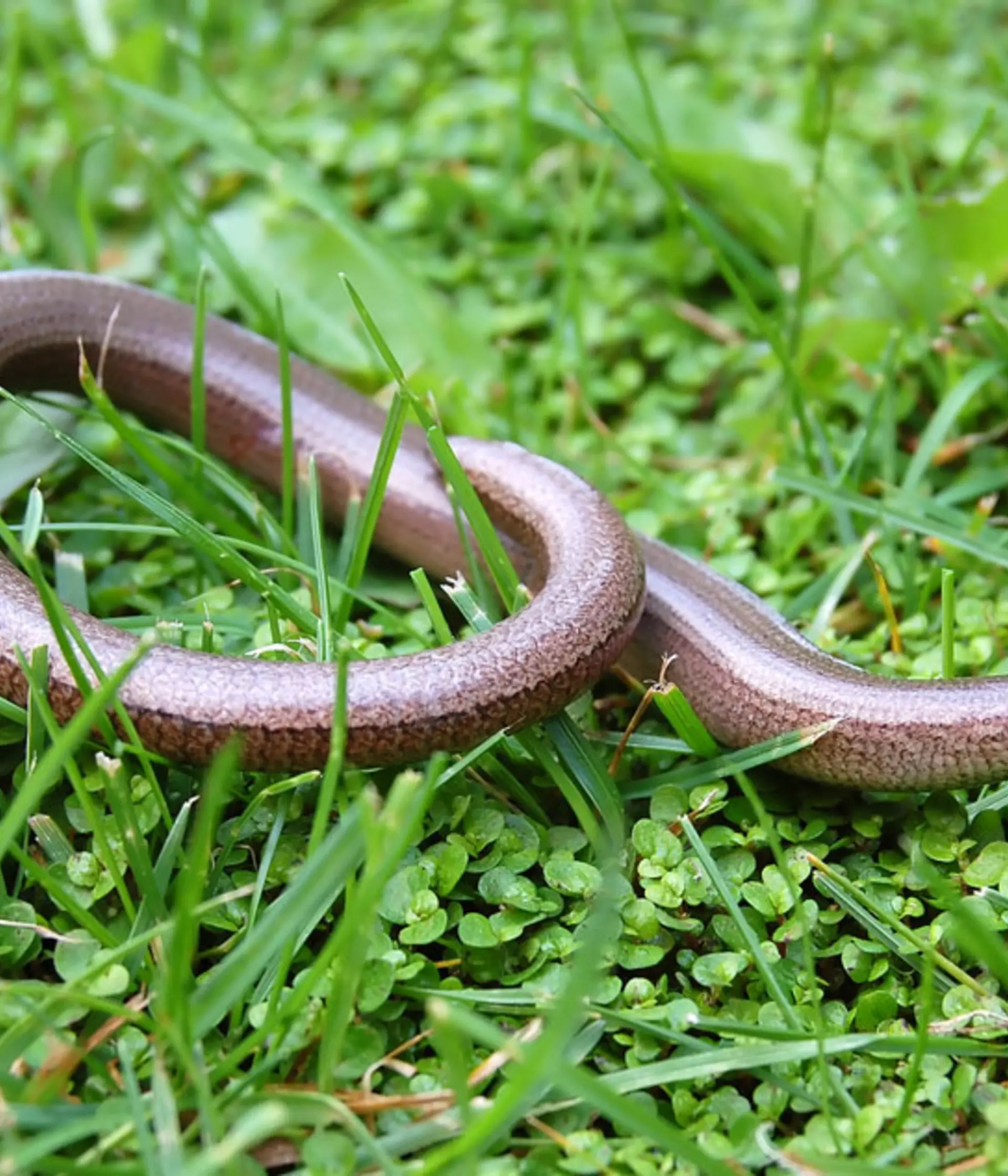Have you ever wondered what roams between the exotic species at ZSL Whipsnade Zoo? In Minibeast Investigate! pupils will will explore together and work scientifically to collect real data on native species found in our specially designed wildlife habitat. This session will include engaging activities that introduce students to food chains, the use of scientific keys to identify animals and develop data collection skills.
This workshop is not available November to March.
| Age: KS2 (7-11 years) |
Duration: 45 minutes |
Capacity: 35 students |
Outdoor Session |
Intended learning outcomes:
Students will be able to;
- Identify some of the key features of invertebrates
- Use a simple key to identify invertebrates and plants and assign them to groups
National Curriculum links:
| LKS2 Science |
Working Scientifically |
- Asking relevant questions and using different types of scientific enquires to answer them.
- Gathering, recording, classifying and presenting data in a variety of ways to help in answering questions.
- Recording findings using simple scientific language, drawings, labelled diagrams, keys, bar charts and tables.
- Using straightforward scientific evidence to answer questions or to support their findings.
|
| Living things and their habitats |
- Recognise that living things can be grouped in a variety of ways.
- Explore and use classification keys to help group, identify and name a variety of living things in their local and wider environment.
- Construct and interpret a variety of food chains, identifying producers, predators and prey.
|
| UKS2 Science |
Working scientifically |
- Recording data and results of increasing complexity using scientific diagrams and labels, classification keys, tables, scatter graphs, bar and line graphs.
|
| Living things and their habitats |
- Describe how living things are classified into broad groups according to common observable characteristics and based on similarities and differences, including microorganisms, plants and animals.
|
